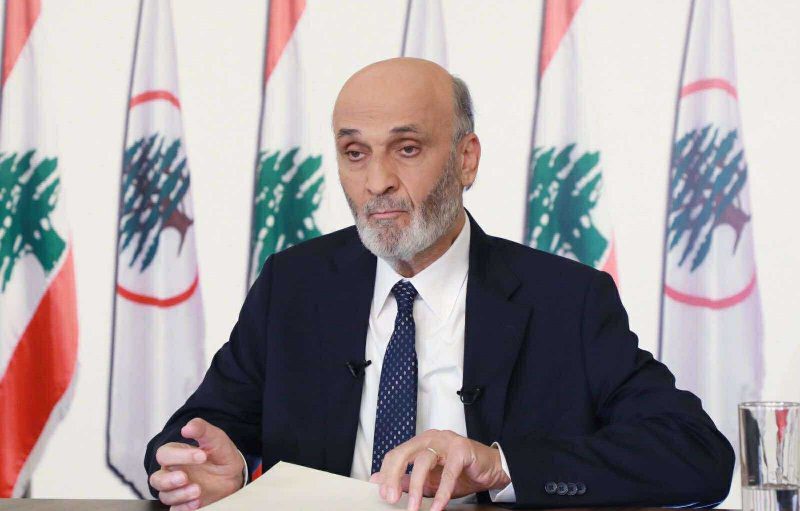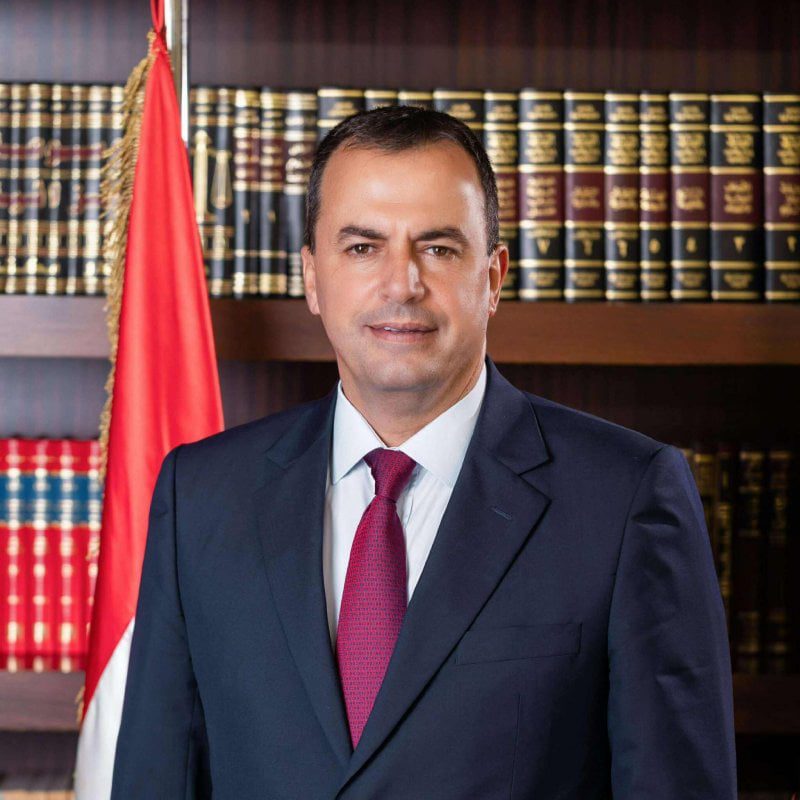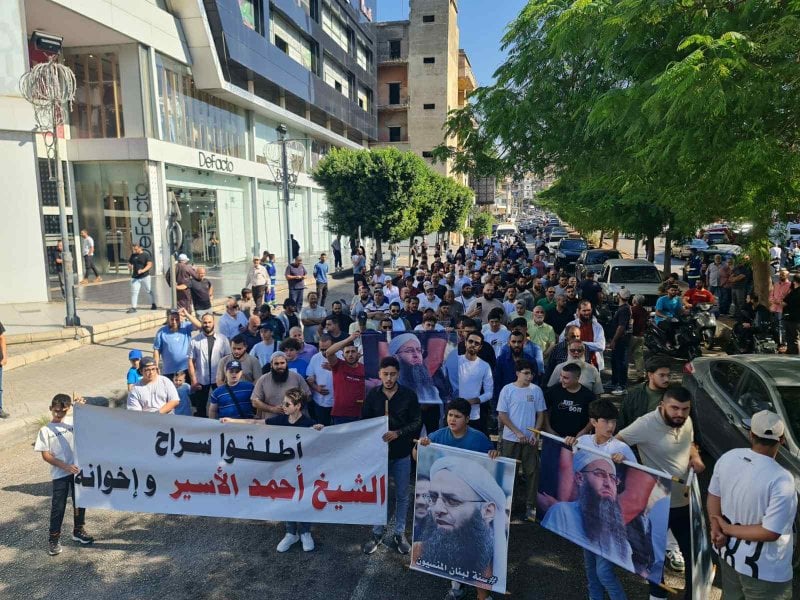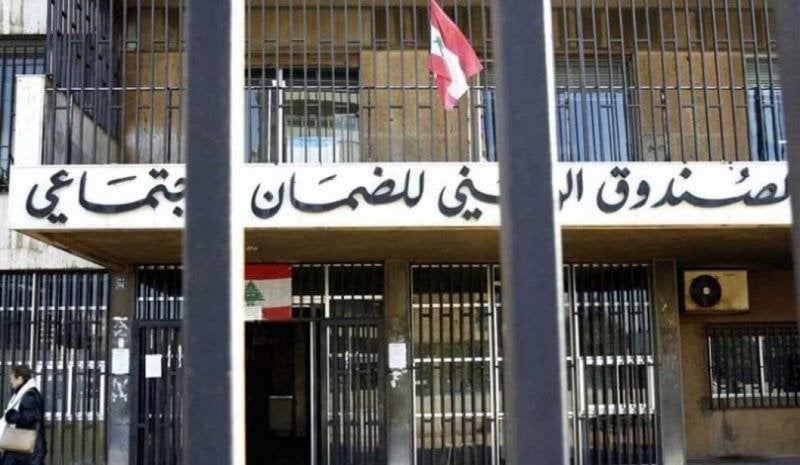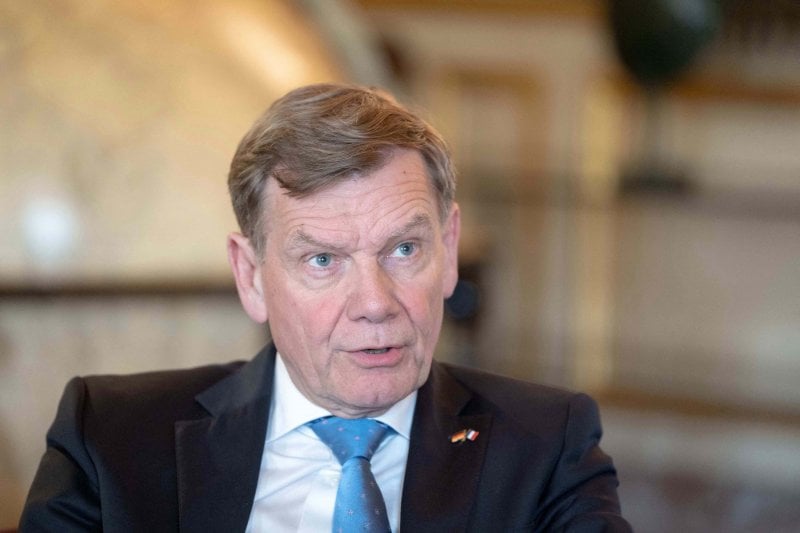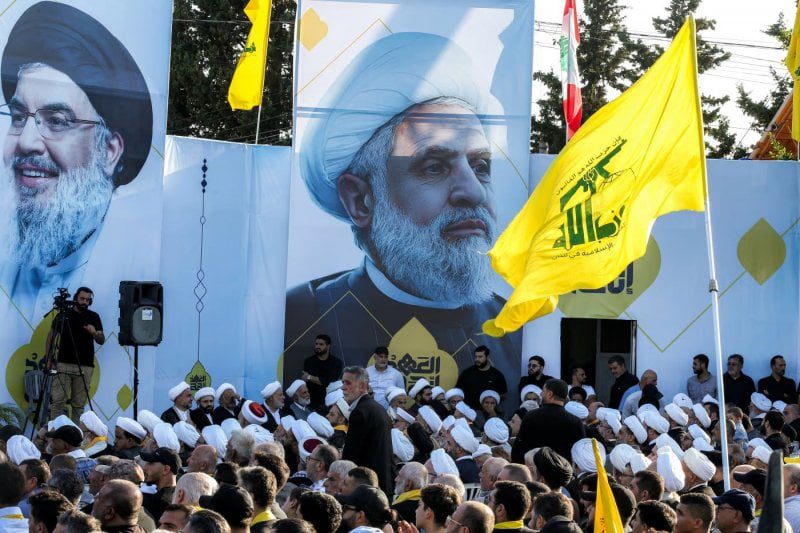
According to this information, the Iranian-backed party is resupplying its stores with missiles, including anti-tank missiles, and artillery ammunition. Some of these weapons enter through Lebanese ports and smuggling networks that are still operating through Syria despite their weakness, while the party manufactures some of the weapons locally, according to one source.
This path strains the agreement that ended a two-month Israeli campaign a year ago. The arrangements stipulate that Lebanon begin disarming Hezbollah in parts of the country, to be completed later in all regions under a previous agreement; however, the party stressed its adherence to its weapons as a “necessity to defend Lebanon’s sovereignty.”
The newspaper quotes its sources as saying that Israel – which provided intelligence to assist the Lebanese army in disarmament efforts, and has carried out more than a thousand raids against party targets since the truce was signed last November – is running out of patience. It was angered by the shift in the discussion in a few months from “disarming Hezbollah” to “rearming Hezbollah.”
According to the Wall Street Journal, US Ambassador to Turkey and senior envoy to Lebanon and Syria Tom Barack said in October: “If Beirut continues to hesitate, Israel may move alone – and the consequences will be dire.”
The newspaper adds that Lebanese leaders, through Arab and American mediators, are asking Israel for an additional margin of patience and are showing openness to strengthening information exchange and coordination, even though the two countries are in a state of official war. The Prime Minister’s Office declined to comment, while there was no response from the Presidency and the military establishment, nor did officials in Hezbollah comment.
The Wall Street Journal quoted the current Secretary-General of the party, Naim Qassem, in an interview broadcast in October on a channel affiliated with the party, calling for coordination between the Lebanese army and Hezbollah, while rejecting attempts to disarm it. He explained that the party is seeking to avoid a new war, and has refrained since the truce from broad military responses to Israeli strikes in Lebanon.
The newspaper points out that the current impasse highlights the difficulty of dismantling a well-established militia with a popular base, even after receiving severe blows. In this context, it recalls what is happening in Gaza, where Hamas rejects the conditions of disarmament and the transfer of power in accordance with the “Trump Agreement” to end the war that has been going on for two years; with the start of the truce about three weeks ago, the movement tightened its grip on its opponents and frequent clashes with Israeli forces occurred.
The Wall Street Journal recalls that Hezbollah emerged from the Shiite community in Lebanon more than four decades ago, and has fought a number of confrontations with Israel. After the Hamas attacks on October 7, 2023, the party opened the northern front by launching rockets almost daily, leading to large-scale evacuations in northern Israel. The newspaper describes the Israeli response in the fall of last year as “the most painful” for the party, with thousands of raids and simultaneous bombings of thousands of pagers and wireless communications devices, causing heavy human and organizational losses.
The truce signed last November recalls that the process of disarmament begins south of the Litani River (in a belt about 20 miles deep parallel to the border). President Joseph Aoun and Prime Minister Nawaf Salam have publicly called for the disarmament of the party throughout the country and the restriction of power to the state. The newspaper reports progress in dismantling party sites and weapons in the far south – areas that have long been its strongholds and have been damaged by the Israeli campaign – often with its approval. But in other areas of influence, such as the southern suburbs of Beirut and the Bekaa, little progress has been made due to the party’s resistance.
The Wall Street Journal quotes conflict resolution expert Randa Slim, a fellow at the Foreign Policy Institute at Johns Hopkins University, as saying that “the Lebanese army is not interested in and not ready for a direct military confrontation with Hezbollah,” warning of a “gray area”: a decision to disarm, implementation south of the Litani, and no concrete plans for what comes next.
According to data from ACLED, an independent organization that monitors conflicts, Israel has carried out about a thousand raids and more than 500 artillery bombardments inside Lebanon since November 2024, with strikes that it says targeted party targets in the vicinity of Beirut and elsewhere; while Washington is not exerting much pressure to de-escalate, according to a senior Western official who spoke to the newspaper.
It adds that Israel has stationed forces in several locations in the south, and the party has not yet carried out a major military response. In the meantime, the drone of Israeli drones is heard in large areas, and more than 60,000 people remain internally displaced, according to a report by the International Organization for Migration in October. Reconstruction is faltering due to the government’s and the party’s financial distress, and the reluctance of Western and Gulf parties to finance before tangible progress is made in the disarmament process.
Hezbollah officials – according to previous interviews with the Wall Street Journal – say that the party, even if weakened militarily, can rearm if it decides to do so, considering that weapons are a “source of strength for Lebanon” in light of the limited capabilities of the army. The newspaper also quotes Arab officials as saying that the party is returning to a more decentralized organizational structure, similar to the 1980s, similar to the transformations of Hamas in Gaza. Despite attracting new fighters, the military leadership remains in the process of being reshaped, with no indication that the party is abandoning the option of reconstruction, with continued Iranian support.
Randa Slim concludes in a quote carried by the newspaper, saying: “Hezbollah does not feel that it has been defeated. It believes that it is able to reshape itself, and it has constant regional support from Iran.”




